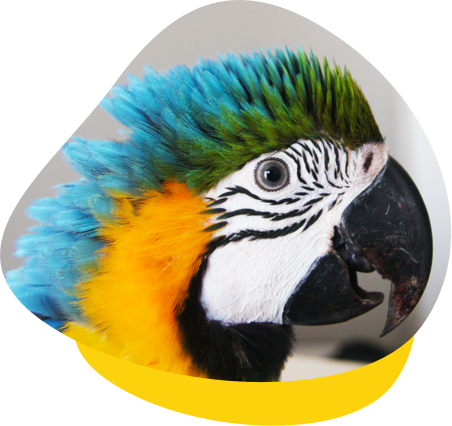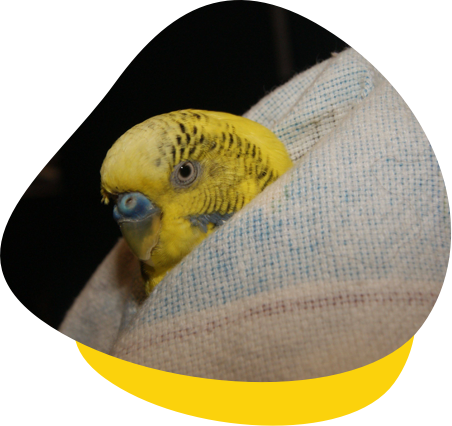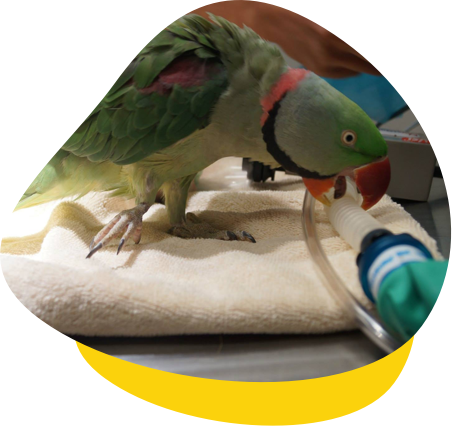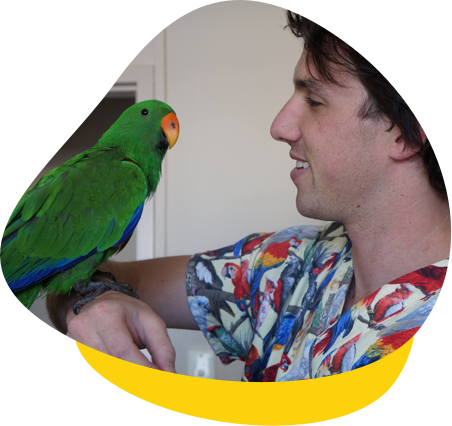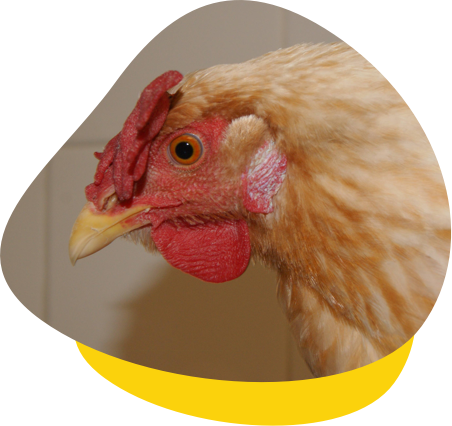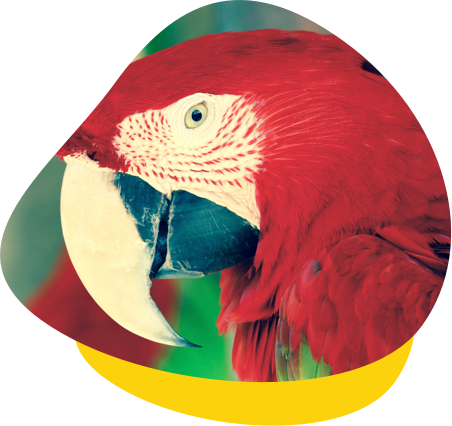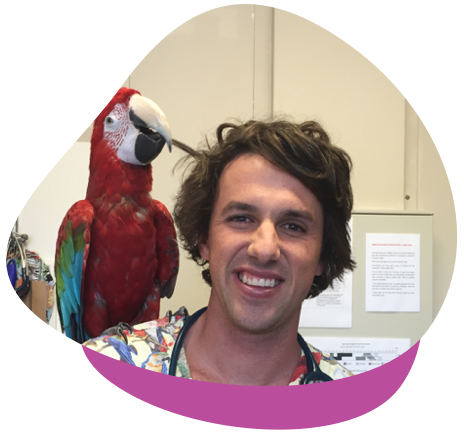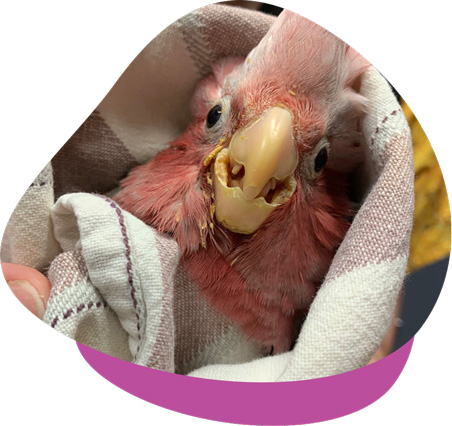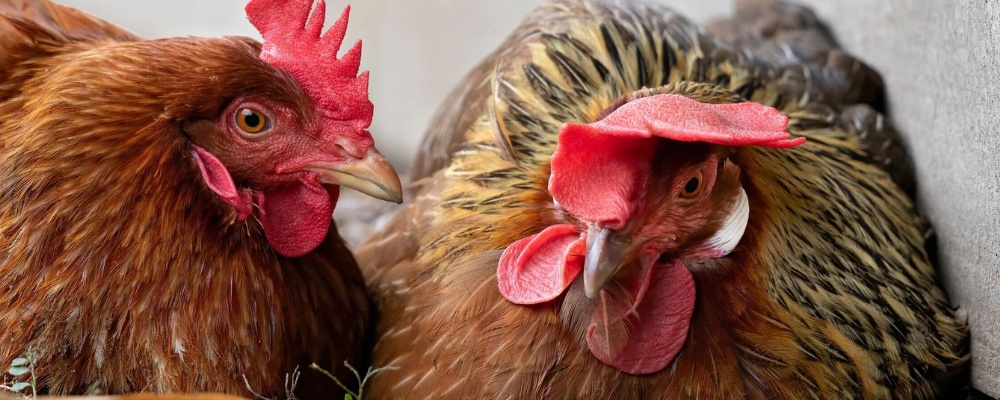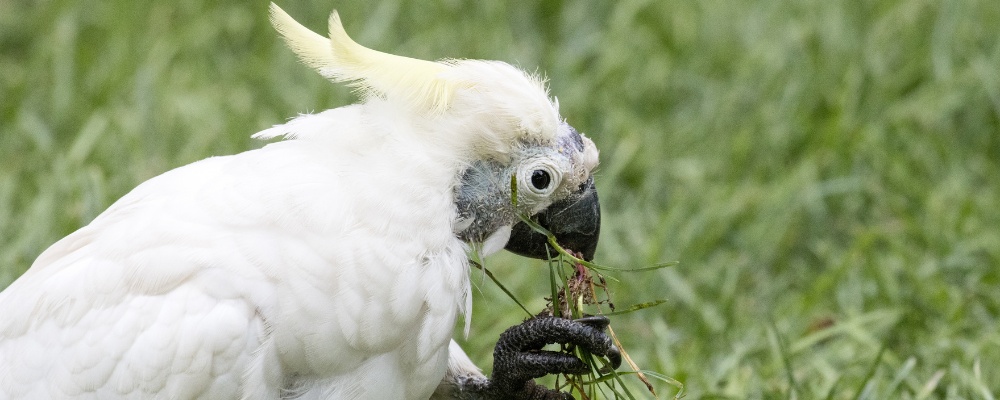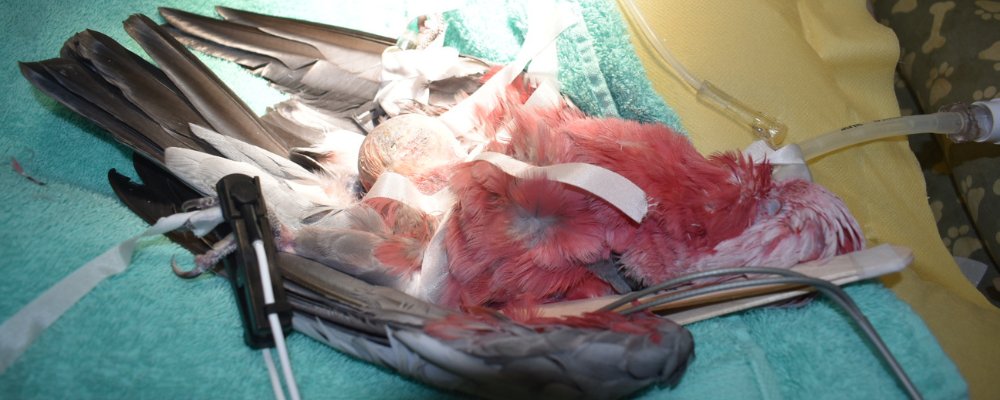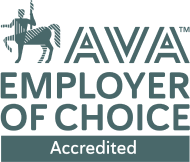Providing The Best Veterinary Care For Your Pet Bird
We treat all types of birds from chickens to parrots, and even little finches.
Birds make beautiful pets, but to keep that beauty alive and well takes delicate care. This is where our dedicated team of avian veterinarians comes in.
Our flying friends come in all shapes and sizes, colours and species – The Unusual Pet Vets cater to each with the utmost of care. So if you are looking for a skilled poultry vet, exotic bird vet, chicken vet, parrot vet or just an avian veterinarian with a wealth of knowledge and experience, The Unusual Pet Vets are here to help.
